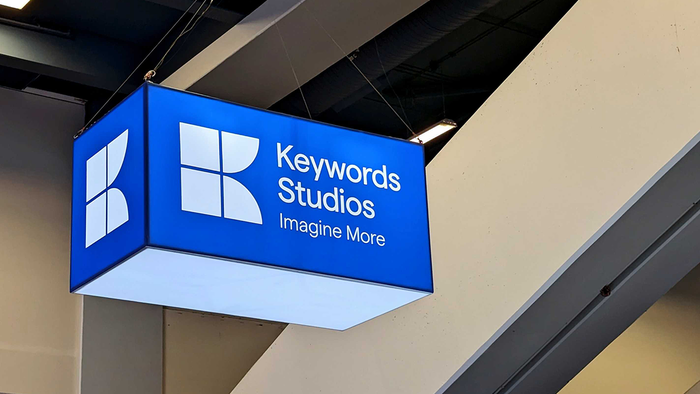Real-time multiplayer games: Could they help save Facebook?
With analysts and professionals becoming more wary of the social space, some companies are looking to real-time multiplayer to jumpstart the market. Could these synchronous games really be what Facebook needs?

Video games on Facebook might be in trouble. Juggernauts like Zynga are struggling, games are losing players, and analysts fear the social space could be losing its momentum. Game developers have been forced to look for new ways to prevent their games from bleeding users. One approach being utilized by studios like Kixeye, Rebel Entertainment, and even Zynga is to focus on developing games that people to play together at the same time. Up until now, the Facebook market has been dominated by asynchronous titles, games where players are either playing by themselves or taking turns -- think Words With Friends, or even FarmVille. But a handful of developers tell Gamasutra that head-to-head, synchronous experiences could prove more fruitful in the long-term, as players will feel a stronger, more immediate connection to each other, and will play even more.
Asynchronous Kickball
Kixeye, a developer focused on the more hardcore video game playing demographic, has been working with real-time, synchronous Facebook games since it launched Battle Pirates in the middle of last year. According to company CEO Will Harbin, these types of titles are particularly exciting for his players, as they can facilitate real social interactions in a way that asynchronous games can't. "You just don't get the same level of engagement in an asynchronous environment," Harbin tells us, "Imagine playing a game like kickball in an asynchronous way. It wouldn't work! The whole point is seeing that other team there, and interacting with them on a variety of levels, and that same mentality should carry over into social games as well." Even Zynga has seen players respond quite positively to real-time games like Zynga Poker, and earlier this summer the social giant announced that it plans to focus even more on synchronous gameplay, starting with a new head-to-head game mode in its arcade puzzler, Bubble Safari (pictured). Zynga general manager Manuel Bronstein hopes that these real-time experiences will attract new audiences to Facebook. He says some players aren't interested in the asynchronous experience that most games on the network currently provide, but might be drawn in by real-time multiplayer games. "While we can't share all the details of the data, we're seeing higher engagement with our real-time multiplayer sessions, since the players there typically don't want to play just one match," Bronstein says. Even smaller developers think there's a strong future for synchronous social games. The Los Angeles-based Rebel Entertainment, for instance, is betting heavily on real-time play in its upcoming action game Dungeon Rampage, as the studio believes that breaking from Facebook's traditional model will help it stand out from the crowd. "But to be clear, having the asynchronous features are important too," says general manager Mike Goslin. "That asynchronous stuff can really help bind your community together in the long-term."
If it's so easy...
Of course, developers face more than a few technical hurdles implementing synchronous gameplay. Kixeye's Harbin notes that social developers really need to work hard on their server-side infrastructure, as latency and performance issues become critical when your game relies on synchronous mechanics. Based on his experience, working on real-time, server-side games can nearly quadruple development time, but Harbin says it's all worth it as long as the game ends up finding and strong a dependable audience. Zynga's Bronstein adds that synchronous social game developers also have to worry about maintaining a strong concurrent user base to facilitate real-time matchmaking, so developers will need to find ways to encourage sustained activity in their online community. But despite these added difficulties, the developers we spoke to all agree that real time games are still well worth the effort, as they could be one of the things the struggling Facebook market really needs. Real-time multiplayer might not prove to be the grand savior of social games, but everyone we spoke to agreed: it sure couldn't hurt.
About the Author(s)
You May Also Like













